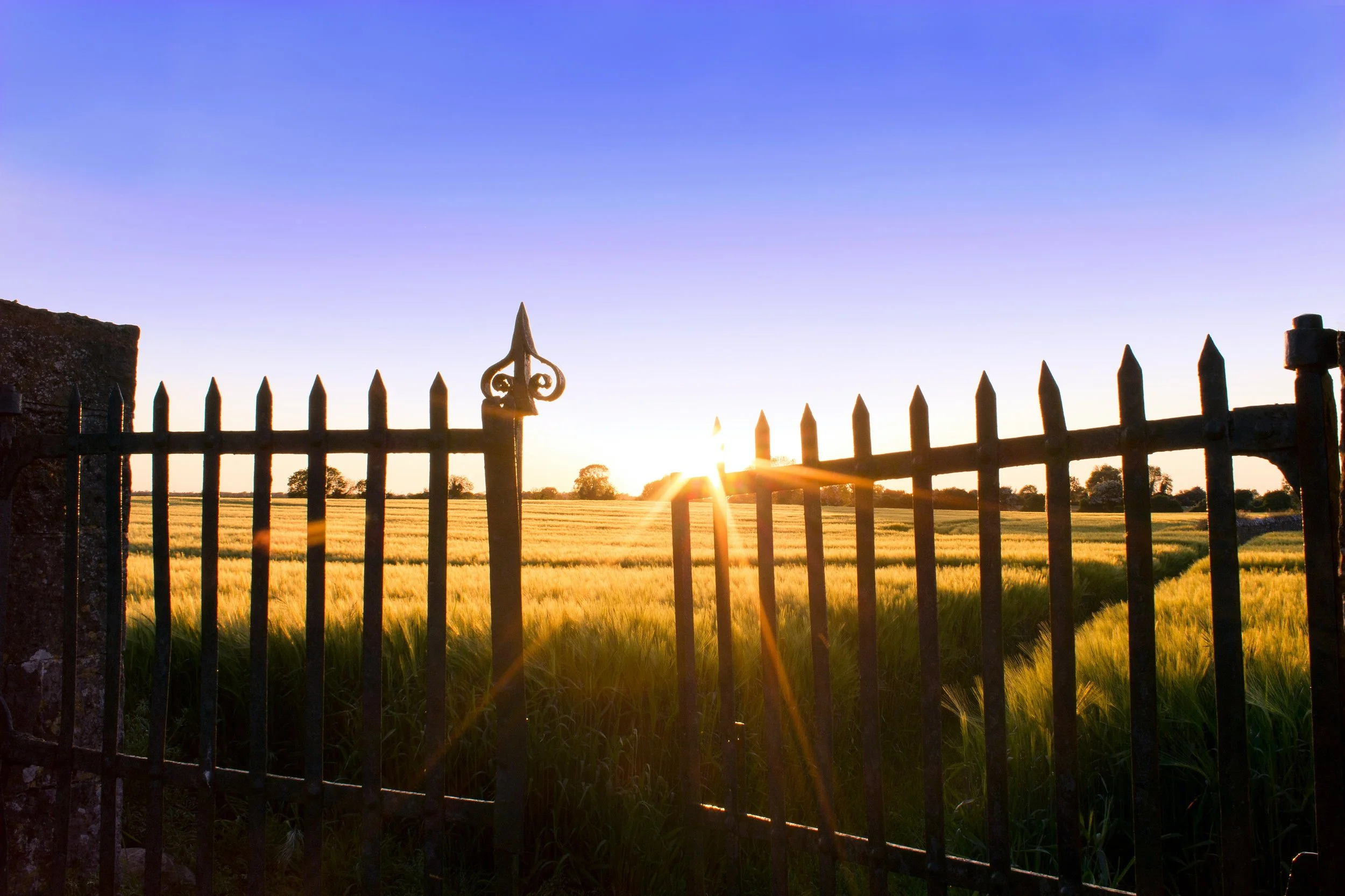Our readings for Sunday, September 28 are Amos 6:1a, 4-7; 1 Timothy 6:6-19; and Luke 16:19-31.
Consideration of and care for those in need (especially those “at our gate,” visible to us, of whom we are aware) is an essential component of good stewardship. It is in the sharing of wealth that we avoid the snare of wealth. It is the one whom death could not hold—who comes to us risen from the dead—who can free us from the death grip of greed. We are not haunted but helped by the love and presence of a God who returned to us from the dead to welcome us into love and forgiveness for the sake of all humanity and creation.
Our Bible readings for Sunday, September 21, 2025 are from: Amos 8:4-7;1 Timothy 2:1-7; and Luke 16:1-13.
Our text from the gospel of Luke is considered to be one of the odder sayings of Jesus. It seems to come down to the grace of our Savior who finds us, celebrates us, and welcomes us into a new relationship with God and with each other. Apart from the generosity of God we have nothing. By God's gracious favor we have everything we need and more than enough to share.
Our readings for Sunday, September 14 are: Exodus 32:7-14; Psalm 51:1-10; Luke 15:1-10
The grumbling of the religious leaders in today’s gospel is actually our holy hope: This Jesus welcomes sinners and eats with them. That our God seeks and saves the lost is not only a holy hope, it is our only hope. Thanks be to God.
Our texts for Sunday, September 7, 2025 are: Deuteronomy 30:15-20; Philemon 1-21; and Luke 14:25-33.
Called to contemplate the cost of discipleship, we might be helped by translating Paul’s request to Philemon into our prayer of the day: Refresh my heart in Christ. Strengthened by the company and forgiveness of Christ in holy communion and recalling God’s grace in remembrance of baptism, we can be strengthened in this hour to “choose life”—to choose life in God as our own. We can also take this opportunity to evaluate the efficacy of our current practices; are they serving the community and the mission of God in this place? How can we release what no longer serves that mission and commence with new avenues of worship and service?



